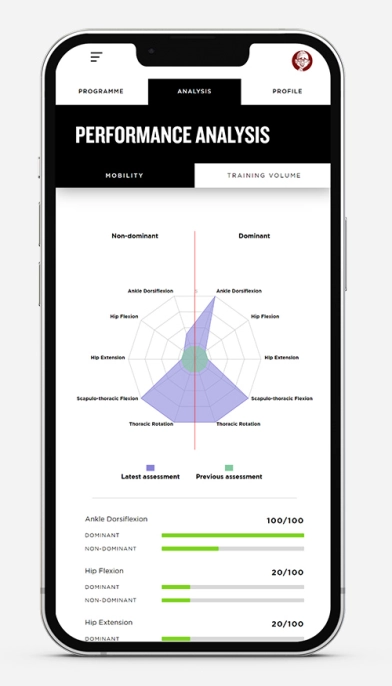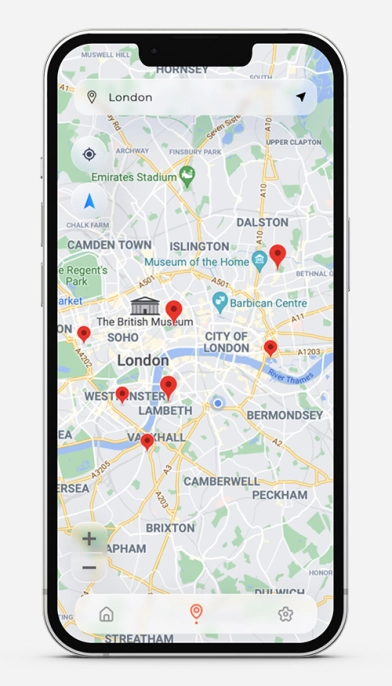Google introduces new search algorithm - Hummingbird.
Our customers put significant effort and time into ensuring the identification of the right search keywords confidently knowing that if they keep appropriately using and repeating them, within their blogs and web content, Google will pick up on these keywords and with high quality links to your site slowly but surely they will move up through Google results to appear on the highly desired first page, and ideally at the top of that page.
Just as you were thinking "I am starting to understand how this works", I know my keywords and we are including them constantly within all of our web content, everything again changes.
Welcome Google Hummingbird! Did the bird just swoop down, pick-up and fly away with all of your previous hard work? The introduction of Hummingbird sees the largest changes to their search algorithm in 13 years. And what's more the change appears to impact a staggering 90% of Google searches.
With Google Hummingbird organic referrals becomes King! I.e. visitors that referred to your website from links on other websites. Hummingbird’s new algorithm moves totally to secure search, keyword analytics data could well be dead! Basically this means that Google has switched all of its searches over to encrypted searches using HTTPS. This means no more keyword data will be passed to site owners and website users will no longer have the ability to track users by their keyword searches. This isn’t the case with other search engines which will still send keyword data through to help with your analytics and key word development.
The exact way the Hummingbird algorithm works still currently remains unclear. It appears Hummingbird looks at over 200 different things when determining the search rank for a site. Previously search entries into Google would focus on the specific key words but now with Hummingbird the focus is on the context of the words entered and the matching of that meaning to web pages that relate to it; web pages matching the meaning do better than pages matching just a few key words. We think this is a good thing overall and hopefully will kill the trend of content writers damaging the copy of their content trying to achieve just the right level of keyword stuffing.
What is clear is that if you are to maintain leading positions in Google search engine results your emphasis now needs to shift to the breath of your website and the answering of specific questions for customers. Quality marketing content remains key, naturally it is this that your customers have and will continue to want to see irrespective of Hummingbird, but now the more it aligns with answering specific customer questions the more likely your page positions will prosper with Google Hummingbird.
In short, the new Hummingbird algorithm is trying to measure the quality and how valuable and helpful your website is in answering customers’ questions. The key is therefore having as many unique entrance pages on your website as possible offering breadth, help and expertise on many topics.
So how do you grow the number and breadth of entrance pages? One answer could be simply by adding new content regularly to both your website and blog. The need for a blog becomes even greater if you don’t already operate one on your site. The more energy you place into the content on your site the higher you are likely to appear on Google search. It is clear that Google wants useful and relvant content to be king, and any future changes to its algorithms are likely to also reflect this. This may require many companies to examine their content strategies and look at how they can use as many forms of content to maintain the desired energy and diversity (e.g. Videos, PPC promotion of best content, info-graphics, re-blog on industry hot stories, etc.)
So back to the original question ‘Did the Hummingbird just fly away with all of your SEO hard work?’ From Scorchsoft’s perspective the answer is not really, and if you examine your Google analytics since Hummingbird was introduced in late August / early September you will be able to see if there has been any decline in your website visitors. However, if you are to maintain and improve your search position going forward you will need to reflect upon your whole online content strategy and the links to your site/content and make sure you focus on growing the number of links and the quality, breadth, depth, frequency and value of your content if you are to maintain and improve your search position.
If you would like to discuss further how you can improve your website and its content to ‘work’ Google Hummingbird please don’t hesitate to contact us.





